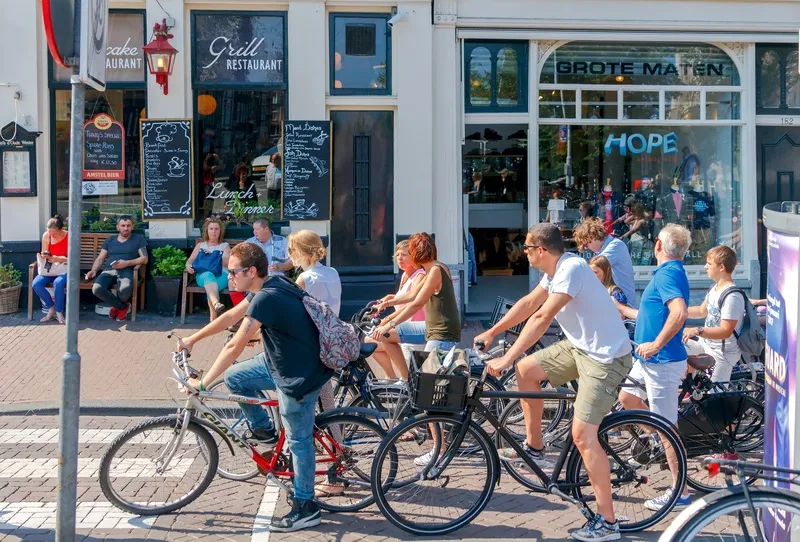The European FP7 project TRANSFORuM is to release four stakeholder-driven roadmaps towards the implementation of the European Commission's White Paper on Transport on 8 December.
TRANSFORuM focuses on four goals of this document and provides recommendations for: Clean urban mobility, with the goal of halving the use of conventionally fuelled cars by 2030; shifting 50 per cent of long-distance freight over 300 kilometres to rail or waterborne by 2050; High-speed rail; and Multimodal transport information,
December 8, 2014
Read time: 2 mins
The European FP7 project TRANSFORuM is to release four stakeholder-driven roadmaps towards the implementation of the 1690 European Commission's White Paper on Transport on 8 December.
TRANSFORuM focuses on four goals of this document and provides recommendations for: Clean urban mobility, with the goal of halving the use of conventionally fuelled cars by 2030; shifting 50 per cent of long-distance freight over 300 kilometres to rail or waterborne by 2050; High-speed rail; and Multimodal transport information, management and payment systems.
These conclusions are of highest relevance for all players in the European transport arena, including policy makers, businesses, service providers, operators etc. They are also extremely important as input for the forthcoming review of the Transport White Paper.
High-level representatives of the European Commission, influential players from the private sector and renowned academics have already announced their presence at the TRANSFORuM conference. Among them are Magda Kopczyńska, Director Innovative and Sustainable Mobility of DG Move and Professor Hans Joachim Schellnhuber from Potsdam Institute for Climate Impact Research.
TRANSFORuM focuses on four goals of this document and provides recommendations for: Clean urban mobility, with the goal of halving the use of conventionally fuelled cars by 2030; shifting 50 per cent of long-distance freight over 300 kilometres to rail or waterborne by 2050; High-speed rail; and Multimodal transport information, management and payment systems.
These conclusions are of highest relevance for all players in the European transport arena, including policy makers, businesses, service providers, operators etc. They are also extremely important as input for the forthcoming review of the Transport White Paper.
High-level representatives of the European Commission, influential players from the private sector and renowned academics have already announced their presence at the TRANSFORuM conference. Among them are Magda Kopczyńska, Director Innovative and Sustainable Mobility of DG Move and Professor Hans Joachim Schellnhuber from Potsdam Institute for Climate Impact Research.









